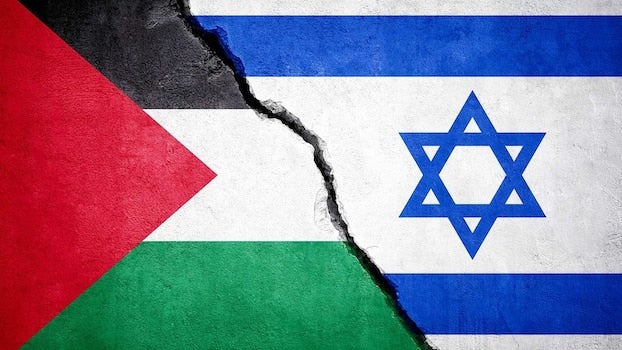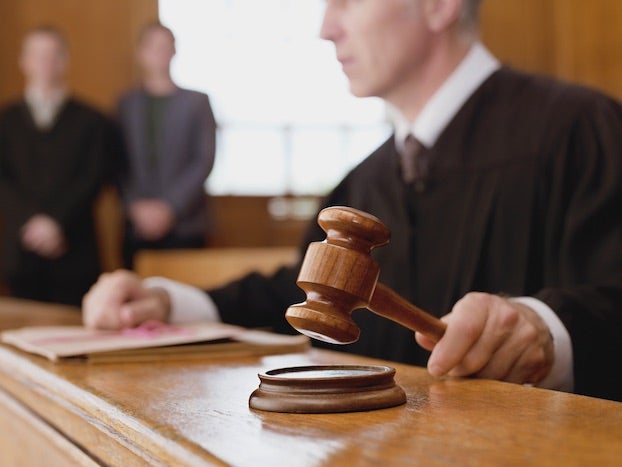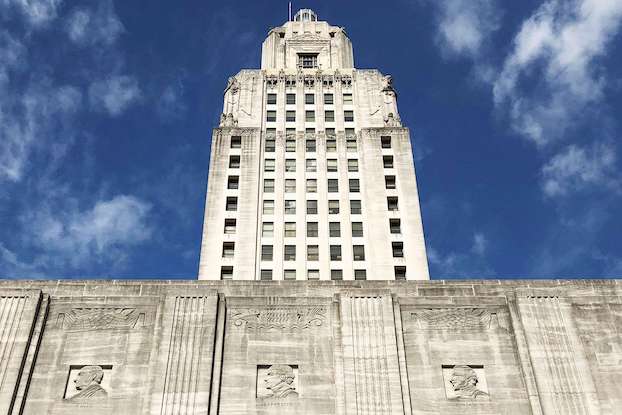Making sense of family links an ancient concern
Published 7:34 am Sunday, January 3, 2016
Editor’s note: Andrew Perzo is on vacation. He will return Wednesday, Jan. 6. Today’s Informer features questions and answers that first appeared in 2013.
Could you explain cousins — first cousins, second cousins, first cousins once removed?
Certainly.
First cousins are the children of your aunts and uncles.
Second cousins are the children of your parents’ first cousins.
And your parents’ first cousins are your first cousins once removed — as are the children of your first cousins.
The “once removed” part means the relationship is separated by a generation.
So second cousins once removed refers to both the children of your second cousins and to your parents’ second cousins.
The children of your second cousins once removed are your third cousins.
When in Rome
According to the Online Etymology Dictionary, several Indo-European languages — including the famously elaborate Latin — “have or had separate words for some or all of the eight possible ‘cousin’ relationships.”
Among the cousin-kinship words in Latin are “patruelis” (“father’s brother’s son”); “matruelis” (“mother’s brother’s son”); and “amitinus” (“father’s sister’s son”).
Still, despite the specificity of their language, the ancient Romans typically used “consobrinus” (“mother’s sister’s son”) as a generic term for the child of an aunt or uncle.
That word made its way through Old French and into English as “cousin.”
Online: www.etymonline.com.
Saltwater barrier built in 1960s
When was the Saltwater Barrier built and why?
The barrier, begun in 1965 and finished three years later, was built to prevent intrusion of saltwater into the upper Calcasieu River.
Among the goals of the project, which cost just over $4 million: preserve farmers’ irrigation source, allow for industries’ future freshwater needs and halt the die-off of riverbank vegetation, principally trees.
In the decade or so before completion of the barrier, saltwater intrusion had “killed trees and retarded timber growth as far as 25 miles up the Calcasieu river north of Lake Charles,” according to an April 6, 1960, American Press story on a U.S. Army Corps of Engineers hearing.
Online: www.mvn.usace.army.mil.
Ordinance prohibits fireworks in LC
Is there an ordinance in Lake Charles against the use of fireworks?
Yes.
“It shall be unlawful for any person to explode a firecracker or fireworks of any kind within the city,” reads Section 8-3.19 of the city code.
Online: www.municode.com.





